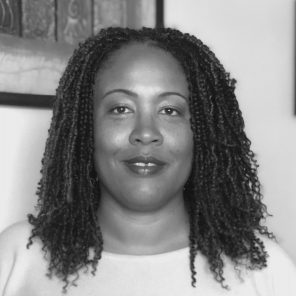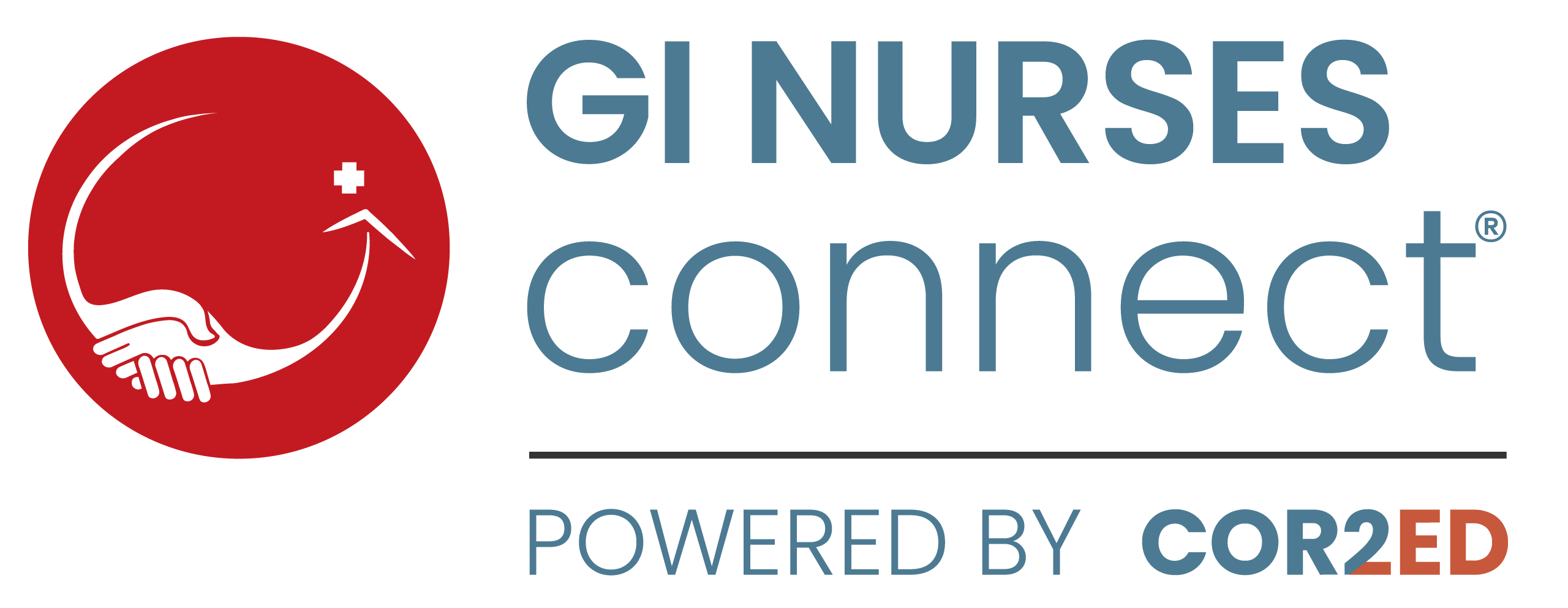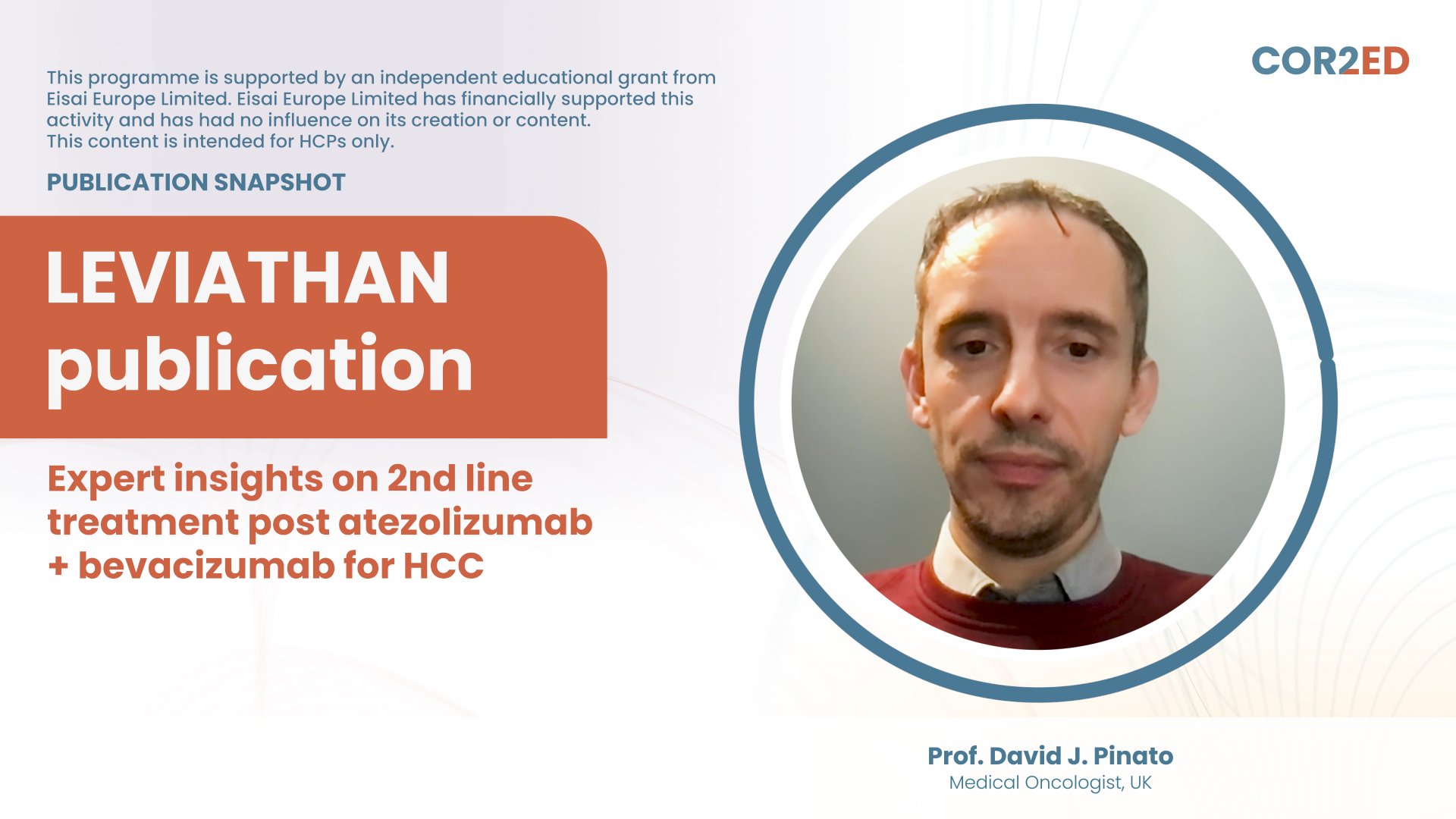GI NURSES CONNECT expert Natasha Pinheiro (USA) discusses the increasing prevalence of young-onset colorectal cancer from the nurse's perspective. She reviews the aetiology of the disease, diagnosis, treatment and special considerations for care in this younger age group.
Hi everyone, my name is Natasha Pinheiro. I'm a Nurse Practitioner in New York City and I'm here today on behalf of GI NURSES CONNECT. I'm talking to you about young onset colorectal cancer.
In the past few years we've been seeing an increased incidence in early onset colorectal cancers. We started to see this jump in numbers, starting in the 1960s and then a vastly precipitous jump from 1970 to present. Initially we were thinking this was more of a Western based increase, but we are seeing these numbers and this incidence increase worldwide in the past decade.
And when we talk about young onset, we're talking about the age group of 20 to 49. Average onset colorectal is usually designated at age 50 and above.
Early onset colorectal cancer has a complex aetiology and it's probably related to a variety of factors, one being dietary intake, an increase in proteins fats, altered gut bacteria, host disease sometimes, metabolic syndrome, obesity and other biological effects.
Young onset and average onset colorectal cancers are still predominantly sporadic in nature, which means that there is not necessarily any overreaching underlying pre-existing condition, they tend to just be found.
Presenting symptoms and clinical characteristics for the early onset population and the average onset population tend to still be the same. We're not really seeing any difference in how these patients present with symptoms and the characteristics of their disease once diagnosed. We are seeing that the highest incidence in young onset and average onset still tends to be left sided colon tumours.
The other thing that we're finding is that the vast majority of young onset patients are being diagnosed with later stage disease, at Stage 3 or Stage 4, for a variety of reasons. One is that this population tends to wait longer before seeking medical attention and even when they do seek medical attention because of their age, they end up seeing two or more physicians before they are properly diagnosed with colorectal cancer.
When we're looking at outcomes of treatment or outcomes of the disease management, there is no real difference in the average onset and the young onset groups. What's really important to keep in mind is that we should be treating these patients and these diseases, based on their staging and not their age.
Another important thing to think about with our young onset patients is that they have very specific psychosocial needs that are somewhat different than our average onset patient. We're looking at people that are now at the age of starting families, starting careers. So they have different family needs, they have different needs for career, they are at a different part of their lives, so we really have to take a larger or more interdisciplinary approach in that we have to have the nurses on board, we have to have social work, we have to have psych services. Their needs are very different than the patients that we're seeing over the age of 50 that we have been traditionally treating over the years.
If you need to have any further review of this information, we have a slide deck that's available on our website. Thank you. Have a great day.
Natasha A. Pinheiro is an adult-gerontological primary care nurse practitioner working with the solid tumor gastrointestinal medical oncology group at Memorial Sloan Kettering Cancer Center in New York. She completed her Bachelor Science in nursing from New York University and her masters of science in nursing, adult nurse practitioner form Long Island University. Ms. Pinheiro specializes in the medical management of patients with gastrointestinal cancers, focusing on colorectal cancers with hepatic arterial infusion pump therapy, upper GI and hepatobiliary cancers. She has served on multiple HCC advisory boards and has been a member of the Nursing Advisory Board of the Cholangiocarcinoma Foundation.
Other programmes of interest
Metastatic breast cancer: Understanding HER2-low and HER2-ultralow classification
A novel therapeutic framework
Experts
Dr Komal Jhaveri, Oncology Brothers (Moderators)Thriving beyond an EP-NEC diagnosis
Perspectives on treatment and care
Navigating extrapulmonary neuroendocrine carcinoma (EP-NEC)
Insights for patients and care partners
ESMO 2025: Gastric and gastroesophageal cancer insights for clinical practice
On-demand materials from an Experts Knowledge Share event




 Downloadable
Downloadable  6 MIN
6 MIN
 Dec 2025
Dec 2025 








